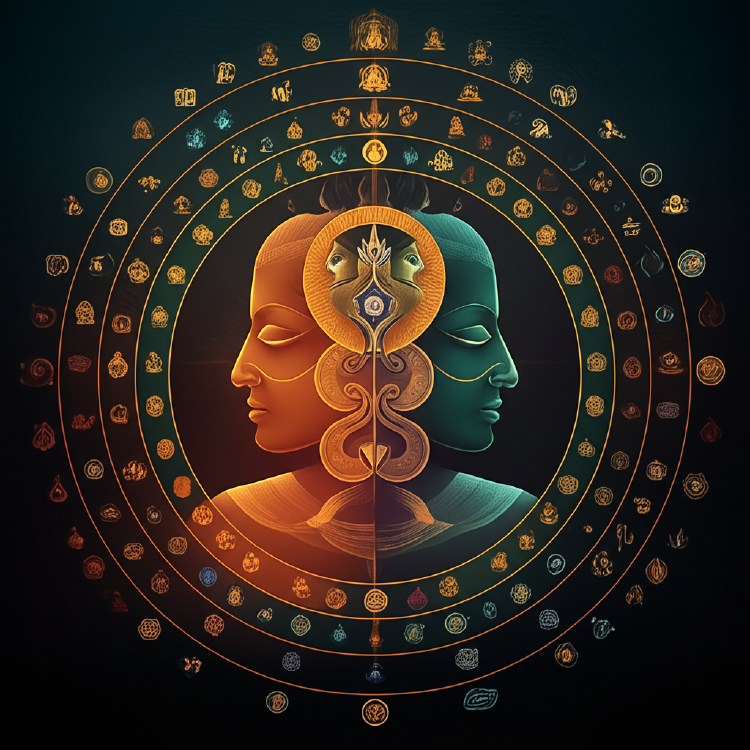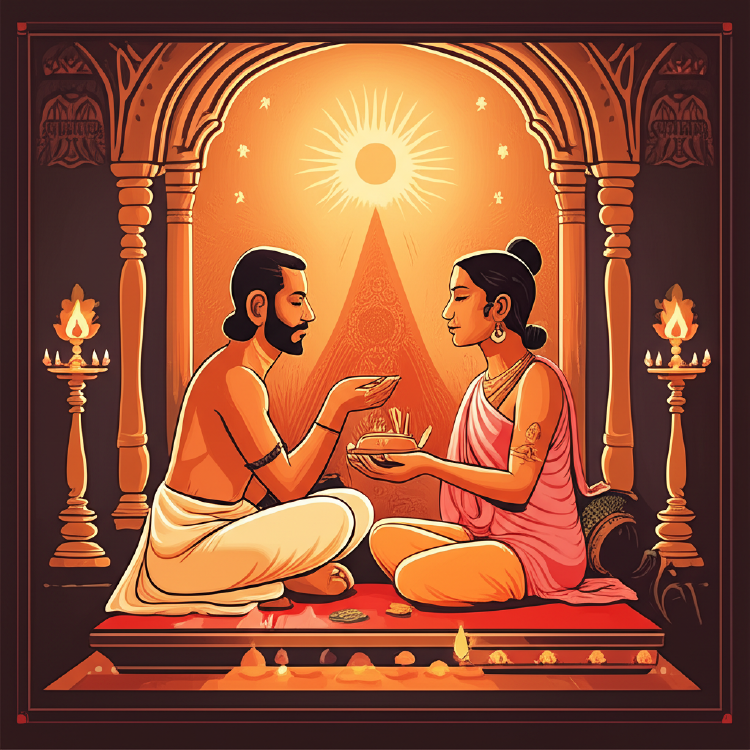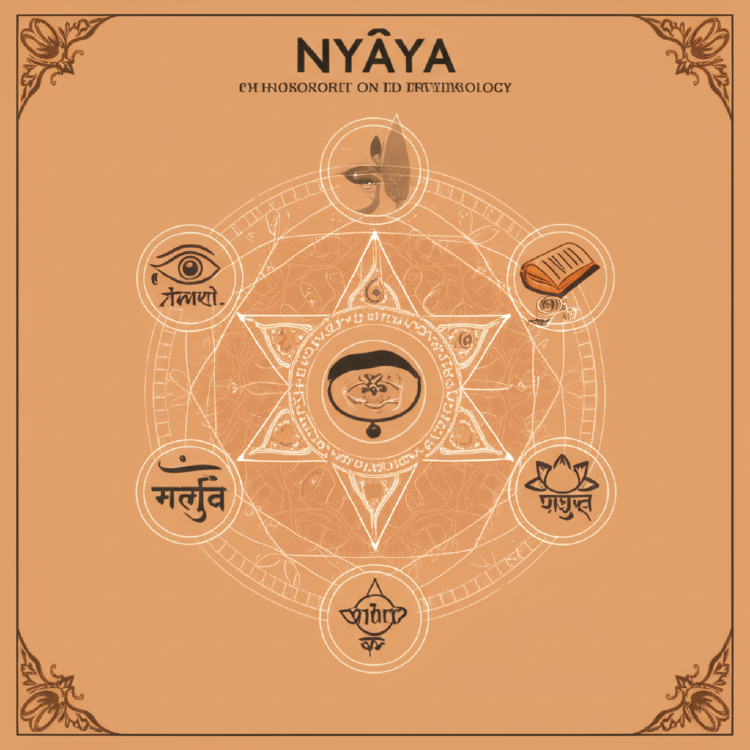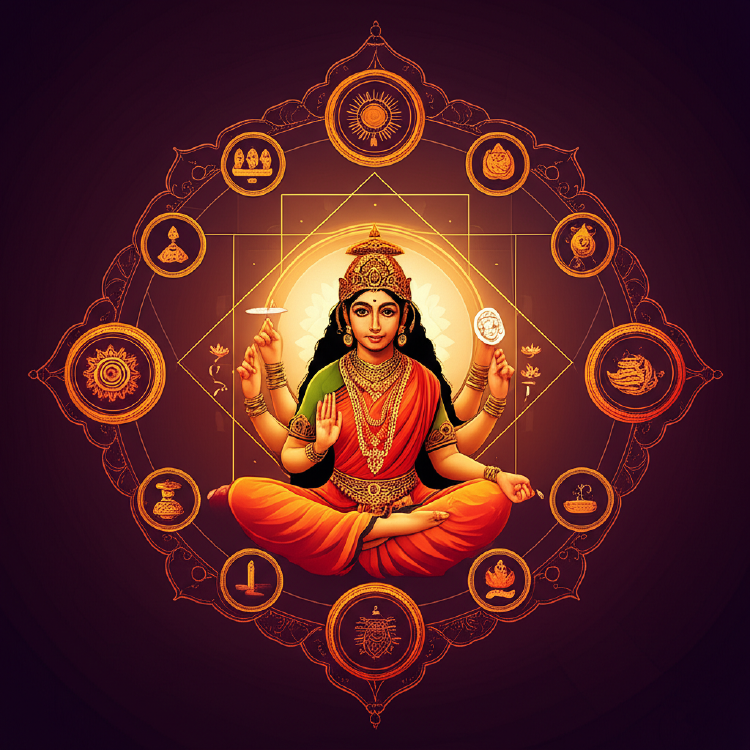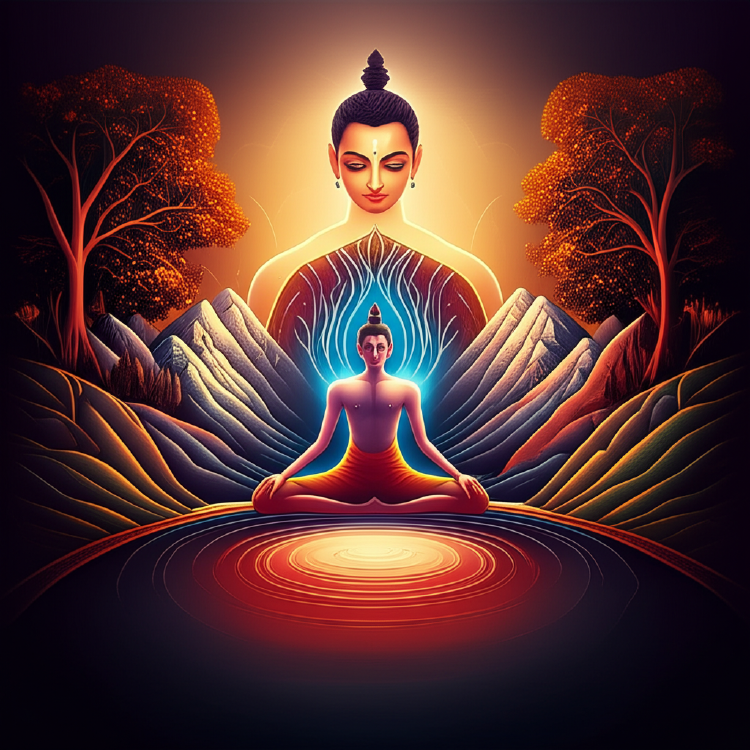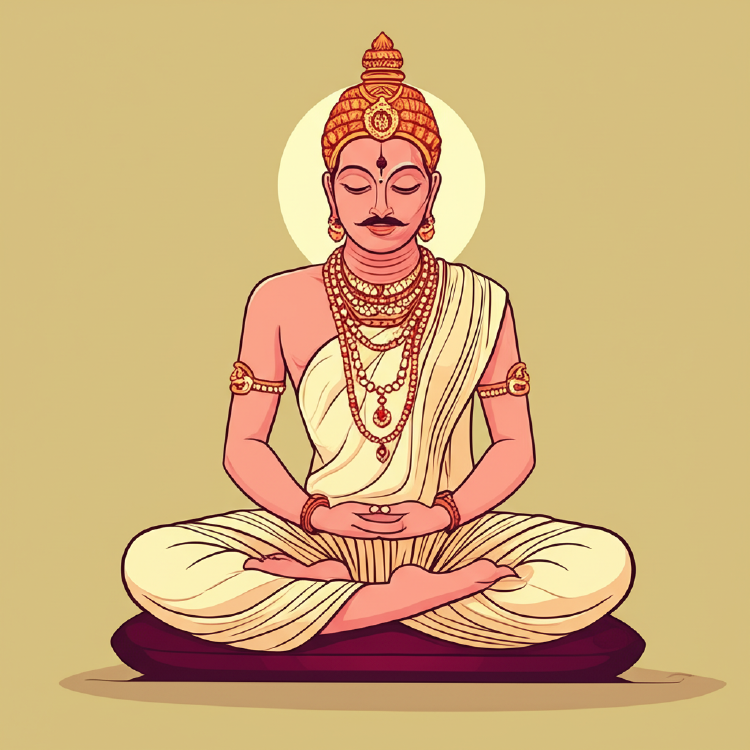
Jainism – School of Non-Violence and Non-Absolutism
Revitalized by Mahavira (6th century BCE), Jainism advocates ahiṃsā (non-violence), anekāntavāda (many-sidedness of reality), and aparigraha (non-attachment). It holds that the universe is eternal and uncreated, and that reality can be viewed from multiple perspectives (syādvāda).
